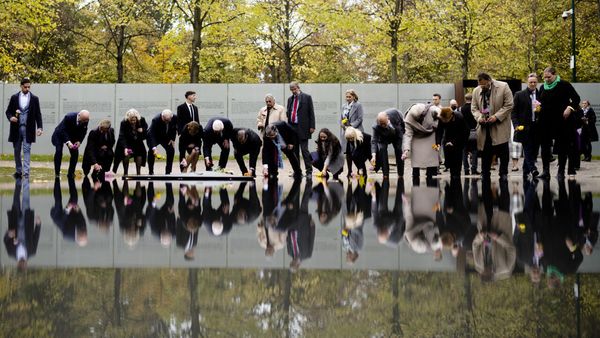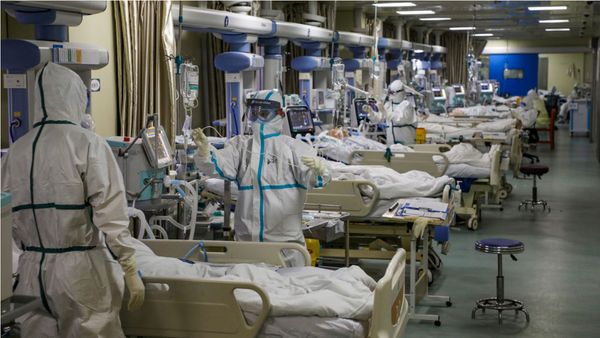
Beijing (AFP) - Students blocked from returning to their universities; tourists forced to extend expensive holidays; a scientist cut off from her lab in the United States: coronavirus entry bans are wreaking havoc on the plans of thousands of Chinese travellers.
From the US to Australia and Israel, several countries have banned entry to foreigners who have recently been in China, while major airlines have suspended flights to and from the country.
AFP spoke to four Chinese people in limbo:
Extended vacation
After travelling to Japan from the Chinese city of Chongqing for a skiing holiday in the mountains of Hokkaido, Wang Bili was supposed to return to Washington, where he works for an international organisation, on February 10.
"The American decision was a total shock," he said.
"I had to change my tickets for a later date to comply with the incubation period."
Now he will not be able to return to Washington until mid-February, but he said he doubted whether the US decision would be effective.
"They can't know when a Chinese person left China," he said, noting that China does not stamp the passports of its citizens when they leave.
But the main thing bugging the 32-year old is the cost of extending his stay in Japan.
"This will cost me another $1,000," he said."I'm annoyed but what can I do?"
Sydney student
Like other Chinese students who were back at home when Australia announced its restrictions, Chloe has not been able to return to her university Down Under.
"Some Chinese students didn't even find out about it until they got off the plane in Australia.Then they had to pay out of their own pockets for a flight back to China," she said.
She is worried about paying her rent in Sydney, and being evicted if she cannot.
"Will we be able to graduate?It's really a hassle.All of this is upsetting the plans we had for the next two or three years."
Her plans to take a holiday in New Zealand before term started again were also ruined, when the country announced similar restrictions.
"I've lost a lot of money in cancelled hotel bookings."
Research halted
When Sherry Huang first heard about the US travel ban, she felt shocked.
"How could such a strict measure come out so suddenly?" said the 36-year-old, who is staying at her parents' home in Xiamen, in the southeastern province of Fujian.
Huang, who does biomedical research in the United States, had last visited China in 2016.This year was a rare chance to gather with family over the Lunar New Year holiday.
But the Chinese researcher is now stuck on the mainland after Washington banned all foreign nationals who have travelled to China in the last two weeks.
That means her lab experiments -– which she cannot conduct remotely –- have been suspended until she returns.
"This is a key time period," Huang emphasised."I have made some very interesting findings and we can make some new discoveries soon."
If research is suspended now, she said, the impact will be "pretty large".
"China is so big -– implementing a travel ban on an entire country is not reasonable," said Huang."Such a large-scale travel ban will impact many people's lives."
No information
A second-year student at the Royal Melbourne Institute of Technology, Xiao Shen said he has not heard anything from his university or Australian authorities since the ban.
"Everything I know has come from the news," he fumed.
"Australia hasn't told us anything, nothing on whether term has been postponed or if we'll be able to take our classes over the internet...it's really irresponsible.I'm angry."
As Chinese students are forced to defer studies, top Australian universities stand to lose around $2 billion in fees alone, according to preliminary estimates from analysts at Standard & Poor's.
Xiao thinks Australia should only have banned entry to tourists, or those coming from Hubei province at the epicentre of the virus.
"I understand it's for safety reasons but it's too much.They haven't thought about how it will impact foreign students at all."







